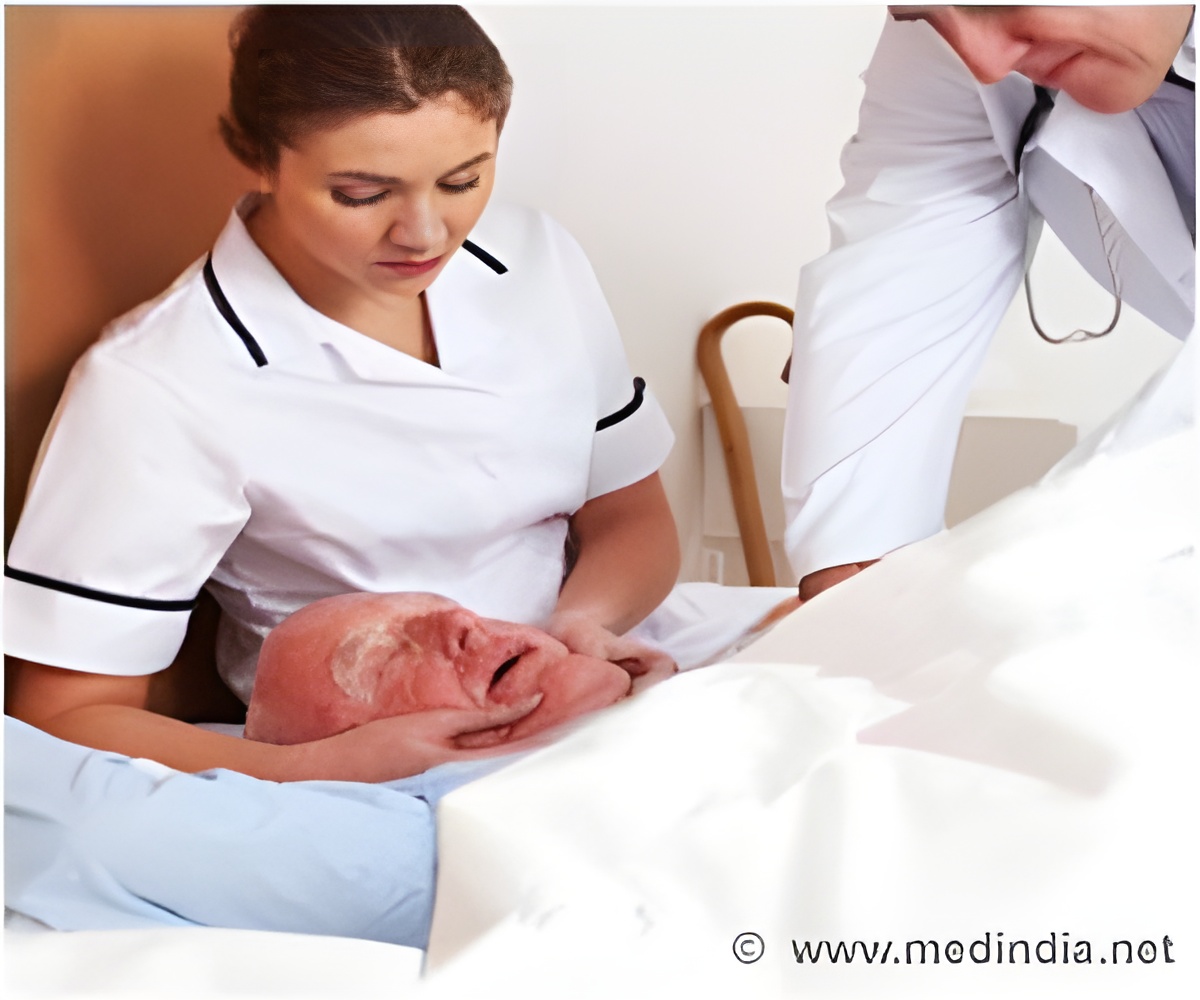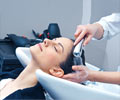Stroke survivors need more help with taking medications and most of them are dependent on others to perform their daily activities.

TOP INSIGHT
Stroke affected patients require a degree of help while taking medicines
To examine the practical support stroke survivors living in the community need and receive with taking their medicines, researchers at the University of Cambridge and Queen Mary University of London carried out a postal questionnaire study. The researchers developed the questionnaire together with stroke survivors and caregivers. The questionnaire was completed by 600 participants across 18 GP practices in the UK.
More than half (56%) of respondents needed help with taking medication. This included help with prescriptions and collection of medicines (50%), getting medicines out of the packaging (28%), being reminded to take medicines (36%), swallowing medicines (20%) and checking that medicines have been taken (34%). Being dependent on others was linked to experiencing more unmet needs with daily medicine taking.
Around one in ten (11%) of respondents answered yes to the question "Do you feel you need more help?" The most commonly reported areas where respondents said they needed more assistance were being reminded to take medicines, dealing with prescriptions and collection of medicines, and getting medicines out the packaging. As a result, around one in three (35%) of respondents said they had missed taking medicine in the previous 30 days.
Stroke survivors taking a higher number of daily medicines and experiencing a greater number unmet needs with practical aspects of medicine-taking were more likely to miss medications. Interestingly, the researchers found that younger stroke survivors were more likely to miss their medicines, possibly because they are less likely to receive help from a caregiver.
James Jamison at the Department of Public Health and Primary Care, University of Cambridge, who led the study as part of his PhD, adds: "Our study has shown us some of the barriers that people face to taking their medication regularly. We also learned that stroke survivors who are dependent on others are most likely to need more assistance than they currently receive.
The team point to the need to develop new interventions focused on the practicalities of taking medicines and aimed at improving stroke survivors’ adherence to treatment. "Advances in technology have the potential to help improve adherence, such as electronic devices prompting medication taking times," says Jamison. "Efforts to improve medication taking among survivors of stroke using technology are already underway and have shown promise."
Source-Eurekalert
 MEDINDIA
MEDINDIA




 Email
Email










